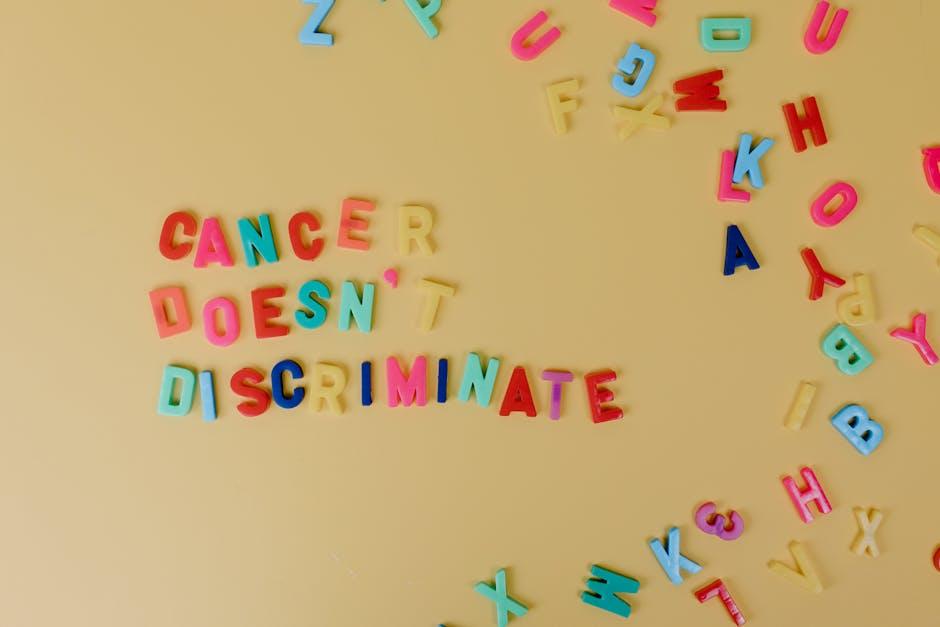In the intricate tapestry of human relationships, the threads of friendship and family are often considered the most vibrant and resilient. These connections, woven through shared experiences and enduring bonds, offer a comforting presence in the ebb and flow of life’s challenges. As conversations around mental health gain momentum, a pertinent question arises: Can these cherished connections provide the support needed to navigate the complexities of mental well-being? This article delves into the nuanced role that friends and family play in mental health support, exploring the potential and limitations of relying on loved ones as pillars of strength. As we journey through this exploration, we aim to uncover whether the warmth of familiarity can truly be a beacon in the often tumultuous landscape of mental health.
Navigating the Emotional Landscape Understanding Boundaries and Limitations Building a Supportive Network with Loved Ones Empowering Friends and Family with Effective Tools
In the intricate dance of emotions, understanding and respecting personal boundaries and limitations is crucial for friends and family aiming to provide mental health support. This awareness helps prevent overstepping and fosters an environment where individuals feel safe to express their feelings. By acknowledging these boundaries, loved ones can offer a compassionate ear without imposing their own expectations or solutions. This delicate balance nurtures trust and facilitates open communication, which is the cornerstone of effective support.
Building a network of support among friends and family requires empowering them with effective tools. This can include:
- Active Listening: Encourage loved ones to truly listen without judgment or interruption.
- Open Dialogue: Foster conversations that are honest and free from stigma.
- Empathy Training: Help them understand the importance of empathy and emotional validation.
- Resource Sharing: Provide information on mental health resources and professional help.
By equipping those around us with these tools, we can create a supportive network that not only aids in managing mental health challenges but also strengthens the bonds of friendship and family. This collective effort can be a powerful force in navigating the emotional landscape together.








